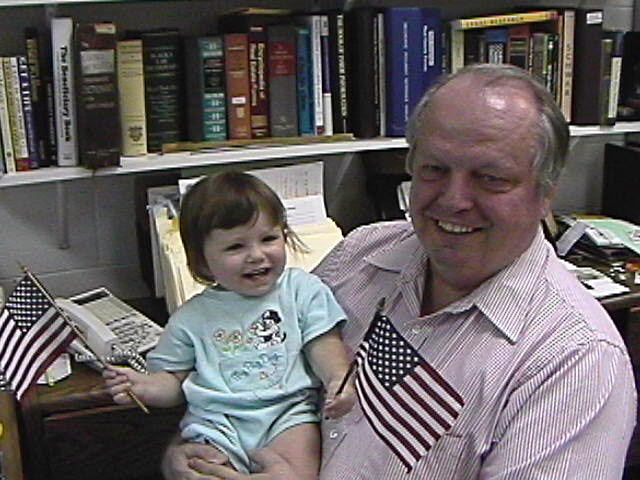
Foreclosure Forum

|
Foreclosure Forum |
|
|
Re: Declaration of trust vs Deed of trustIn Reply to: Declaration vs Deed posted by Troy on October 25, 2001 at 1:05 PM : Ward, our first child is about to born any day and it's motivated us to execute our Will and create a Family Trust using Mr. Dacey's book, How to Avoid Probate. In creating the Family Trust I've run across a "Declaration of Trust" and a "Deed of Trust" in the book, and I'm getting a little confused about the difference between the two. : Mr. Dacey seems to indicatate that all assests, including any Real Estate, should be held in trust, and written "declarations" should be registered for each asset stating the asset belongs in a trust. In this case, he says you would execute a "Declaration of Trust" for each of those assets and then properly register the ownership change with respective parties (lender, bank, life insur, etc.). : But, he also says to have a Deed of Trust, or what seems to be a Family Trust, with which all the assets contained in your estate (now registered, or "declared", as belonging in a trust) will pass to the Trustee, or Successor Trustee/Beneficiary, that's named in your Deed of Trust. : I'm wondering, in a legal sense what is the difference between the "declaration" that an asset is being held in trust, and the actual "deed of trust" itself? And, can the Family Trust be both a "declaration" ... AND act as the trust itself? ============ Troy, here are the definitions of the two terms from the Foreclosure Glossary (see link below). DECLARATION OF TRUST: A written document that delineates the powers of a named trustee who holds title to certain property for the benefit of others (beneficiaries). Commonly used by the famous or wealthy to keep their ownership of property confidential. DEED OF TRUST (TRUST DEED): A three party security instrument conveying the legal title to real property as security for the repayment of a loan. The home owner is called the "trustor". The neutral third party to whom the bare legal title is conveyed (and who is called on to liquidate the property if need be) is the "trustee". The lender is the "beneficiary". When the loan is paid off the trustee is directed by the beneficiary to issue a deed of I have a copy of Daceys book too. So please give me the page reference to the material wherein hes discussing the deed of trust because I can't quite make out what text you're referencing. Thanks. Follow Ups:
Post a Followup:
|
Copyright © 1997-2001, InnoVest Resource Management
InnoVest Resource Management, 4569-A Mission Gorge Place, San Diego CA 92120-4112
(619) 283-5444, Fax (619) 283-5455